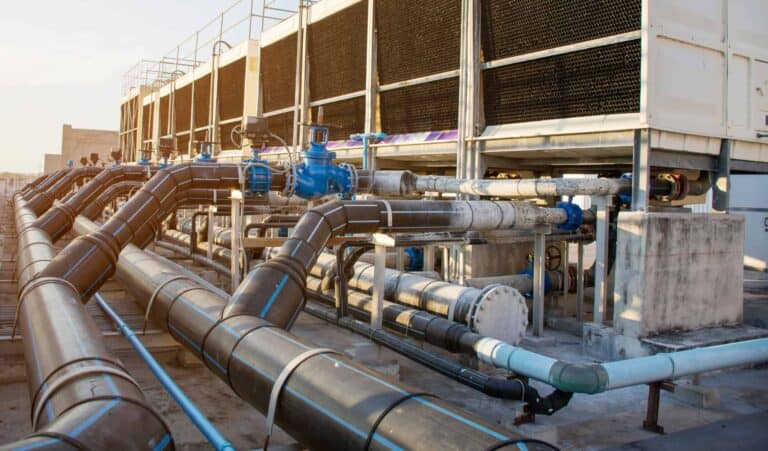The European Investment Bank has pledged to invest €15 billion in water projects. For data centers, this means stricter rules on water consumption. This could put pressure on the expansion of AI data centers.
The European Union has announced a water strategy to tackle drought and shortages. However, this requires cooperation from a sector that is demanding more water than ever before. Data centers are under increasing pressure from AI workloads that require intensive cooling.
Water crisis affects data centers
However, the social problem of water scarcity is much more pressing. Forty percent of Europe is facing water warnings. Southern Europe is particularly affected, with a total of 1.6 percent of the continent on alert. Countries such as Greece, Poland, and Italy are being hit hard by persistent drought.
The Commission therefore wants to introduce minimum standards for water-efficient data centers. Companies that use liquid cooling for AI servers may face restrictions as a result. Or, where possible, they will have to continue using less efficient air cooling.
AI versus water conservation
Modern GPU clusters for AI training consume a lot of water for cooling. “This is where water touches business,” says Edouard Perard of the European Investment Bank. The rapidly growing AI infrastructure therefore immediately conflicts with EU targets for water-saving technology.
More specifically, stricter water regulations could slow down the rollout of direct-to-chip liquid cooling. This technology is essential for new AI hardware but consumes significant amounts of water. Although ChatGPT is now less thirsty, forty AI prompts in 2023 quickly led to a liter of water consumption.
Funding for water technology
The $15 billion investment will run from 2025 to 2027. Most of the money will go toward loans to attract an additional $25 billion in commercial investment. Large infrastructure projects and new water technologies will be prioritized.
EU Environment Commissioner Jessika Roswall emphasizes that water is not just a commodity. Europe is facing enormous stress and needs fundamental changes in water use.
Previous plans for EU subsidies to farmers were scrapped from the final strategy. This shows the political complexity surrounding water policy in a time of climate change.
